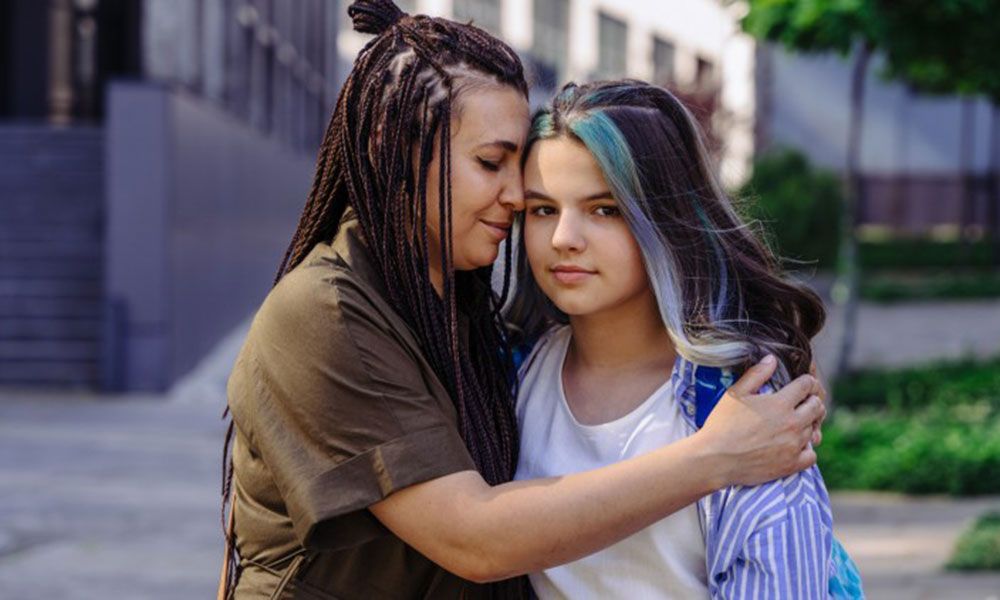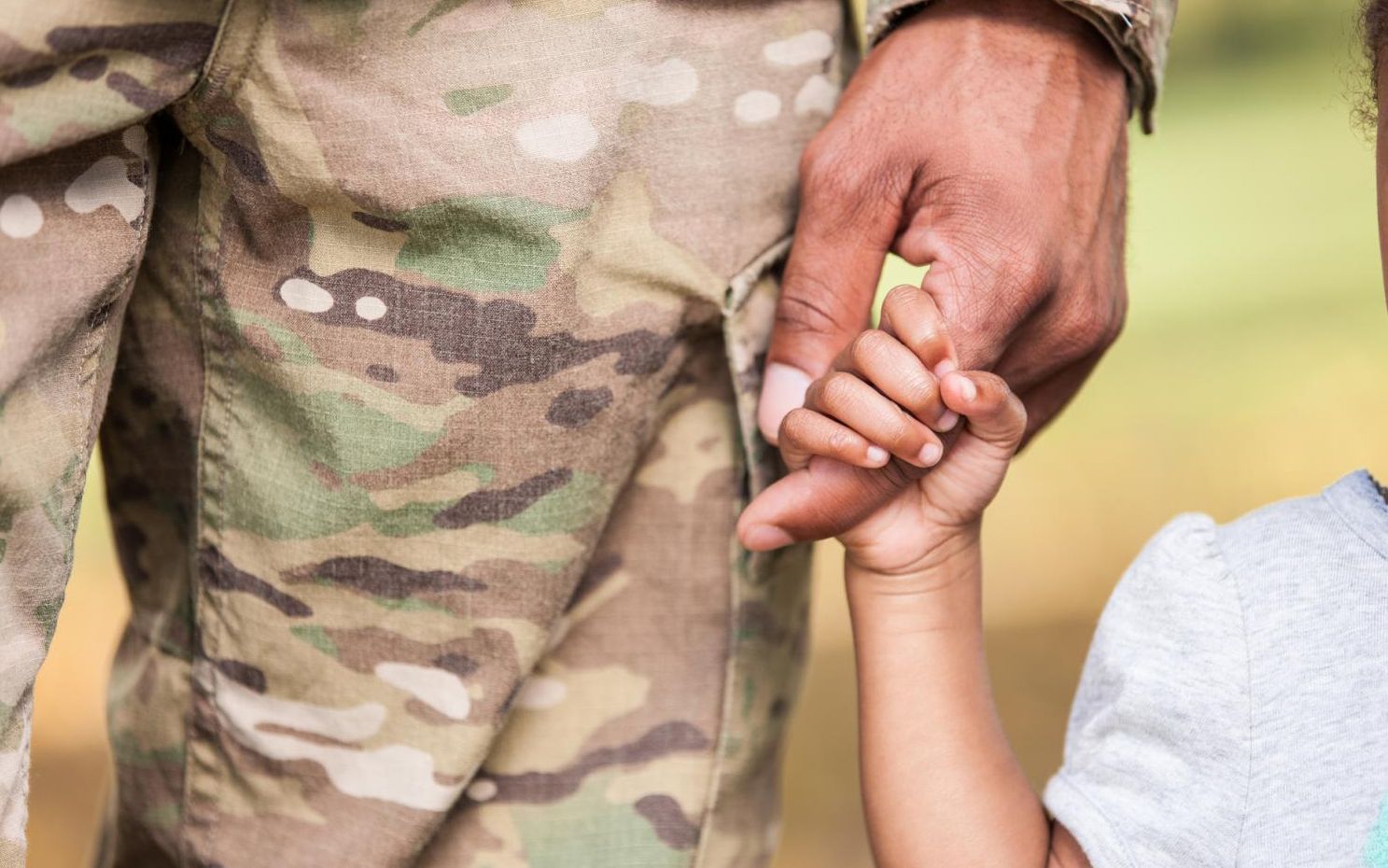Compassion training and anti-racism the focus of 2022 Compassion Week

2022-Compassion-Poster
April 15, 2022
Is compassion trainable? How can we recover relational support for compassion? How can we create a workplace where people of color feel safe and valued? These are a few of the questions explored during Compassion Week activities hosted April 6-7 by the Edna Bennett Pierce Prevention Research Center.
Now in its sixth year, the PRC’s annual Compassion Week brings outstanding researchers and practitioners to Penn State to speak about their work in promoting human flourishing through caring and compassion. This year’s events featured Paul Condon, associate professor of psychology at Southern Oregon University, a leading expert in the field of compassion training. His work focuses on the theoretical underpinnings of integrating a relational approach to compassion training based on Buddhism and several theories of psychology.
On April 6, Condon delivered a public lecture, “Recovering the Relational Roots of Compassion Training,” and he participated in a roundtable discussion the following day with the PRC’s Group to Reduce Racism in Prevention about using compassion to promote equity and inclusion.
Condon said that training can help people to become more compassionate, but barriers can get in the way, including having an individualistic mindset that promotes a self-help approach or having fears of receiving support. He explained that when “we’ve experienced trauma within our families, communities or institutions” that may create fear of relational support and promote an individualistic mindset.
“Mindfulness is often seen as something that we work hard at,” Condon said. “In a relational mindset, we’re learning to change that view and see meditation as a more effortless practice. We can call to mind a moment of relational support and allow that experience to help us to relax into qualities of care, warmth, joy, and so on. It requires a kind of vulnerability and letting go.”
During the lecture, Condon led a guided “field of care” meditation practice, asking the audience to recall an experience from their own lives that evokes a feeling of care or connection. He shared the example of a moment playing cards in his grandmother’s kitchen. In the practice, he guided others to recall a similar experience in relation to these suggestions:
- A simple moment of caring and connection
- A benefactor
- A spiritual or divine figure
- A special place or the natural world
- A moment in which you were a loving presence to another person
- A moment of caring connection you observed between others
- A piece of artwork, music or writing
Condon said that moments of connection can be plentiful, but we don’t always notice them. He encouraged the audience to rely on moments of caring connection to “sense beyond thought patterns like ‘I’m no good’ or ‘I’m not good enough.’ Here we can see the interplay between being mindful of our experience, and using those experiences to help us to see the variety of moments of care and love that may already be present in our lives.”
“Caring moments remind us that it’s enough that we exist,” Condon asserted.
Parallels between compassion practice and anti-racism
When asked about how to make the workplace where people of color feel safe and valued, Condon said that meditation and compassion training aren’t enough.
“We need more ways to be aware of our blind spots and ways we’ve been conditioned to thinking about race,” Condon said. “Drawing on anti-racism writings and the work of many diverse authors helps us to become more aware of how we have all been racialized.”
Robert Roeser, Bennett Pierce Professor of Caring and Compassion mentioned Kamilah Majied’s keynote speech at Mind and Life’s 17th annual Summer Research Institute. Majied identified a “prosocial” triad of skills that mindfulness and compassion practices can cultivate in the service of inclusivity in research and education. These skills included discomfort resilience, cultural humility and fierce compassion.

SRI2020_Talk2_Kamilah-Majied-Scribed
Image of Kamilah Majied’s plenary lecture, painted by contemplative scribe Kelvy Bird.
When it comes to discussing emotionally charged topics such as racism, Condon suggested that meditation practices could be part of the solution.
“If we have some sense of comfort with being aware of our emotions, that can help us to enter into difficult conversations about race with more openness and flexibility, rather than reacting to difficult feelings,” Condon said. “This is the meaning of ‘discomfort resilience.’”
Condon acknowledged that the relational mindset can be difficult at first because it challenges our individualistic worldview. This is where the skill of “cultural humility” and openness become important to the work toward diversity, equity and inclusion – seeing others and the world differently perhaps that we usually do.
“We need to look beyond our individual brains and individual minds,” Condon said. “A relational mindset for meditation practice helps us to see how we have always been embedded in a field of connectivity with others. It is our nature.”
“Through community, we can collectively engage in ‘fierce compassion’ – defined as a strong value commitment, rooted in fundamental respect, shared human dignity and interdependence, that helps us to move beyond complacency and to stand against injustice and maltreatment of any and all,” Roeser added.
Condon concluded that both compassion training and anti-racism are not self-help projects. “We do it with the support of community by being in dialogue and in relationship with other people who can help support us and help us grow.”
Related Resources
Recovering the relational starting point of compassion training: A foundation for sustainable and inclusive care, by Paul Condon and John Makransky
Perceptions of mindful teaching are associated with longitudinal change in adolescents’ mindfulness and compassion, by Blake Colaianne, Brian Galla, and Robert Roeser
Cultivating pro-sociality at a time of unprecedented change, by the Mind and Life Institute
Relationshift: The CourageRISE model for building relational cultures of practice, by Brooke Lavelle, Abra Vigna, Zack Walsh, and Ed Porter Sustainable compassion training: Integrating meditation theory with psychological science, by Paul Condon and John Makransky
Compassion training and anti-racism the focus of 2022 Compassion Week

2022-Compassion-Poster
April 15, 2022
Is compassion trainable? How can we recover relational support for compassion? How can we create a workplace where people of color feel safe and valued? These are a few of the questions explored during Compassion Week activities hosted April 6-7 by the Edna Bennett Pierce Prevention Research Center.
Now in its sixth year, the PRC’s annual Compassion Week brings outstanding researchers and practitioners to Penn State to speak about their work in promoting human flourishing through caring and compassion. This year’s events featured Paul Condon, associate professor of psychology at Southern Oregon University, a leading expert in the field of compassion training. His work focuses on the theoretical underpinnings of integrating a relational approach to compassion training based on Buddhism and several theories of psychology.
On April 6, Condon delivered a public lecture, “Recovering the Relational Roots of Compassion Training,” and he participated in a roundtable discussion the following day with the PRC’s Group to Reduce Racism in Prevention about using compassion to promote equity and inclusion.
Condon said that training can help people to become more compassionate, but barriers can get in the way, including having an individualistic mindset that promotes a self-help approach or having fears of receiving support. He explained that when “we’ve experienced trauma within our families, communities or institutions” that may create fear of relational support and promote an individualistic mindset.
“Mindfulness is often seen as something that we work hard at,” Condon said. “In a relational mindset, we’re learning to change that view and see meditation as a more effortless practice. We can call to mind a moment of relational support and allow that experience to help us to relax into qualities of care, warmth, joy, and so on. It requires a kind of vulnerability and letting go.”
During the lecture, Condon led a guided “field of care” meditation practice, asking the audience to recall an experience from their own lives that evokes a feeling of care or connection. He shared the example of a moment playing cards in his grandmother’s kitchen. In the practice, he guided others to recall a similar experience in relation to these suggestions:
- A simple moment of caring and connection
- A benefactor
- A spiritual or divine figure
- A special place or the natural world
- A moment in which you were a loving presence to another person
- A moment of caring connection you observed between others
- A piece of artwork, music or writing
Condon said that moments of connection can be plentiful, but we don’t always notice them. He encouraged the audience to rely on moments of caring connection to “sense beyond thought patterns like ‘I’m no good’ or ‘I’m not good enough.’ Here we can see the interplay between being mindful of our experience, and using those experiences to help us to see the variety of moments of care and love that may already be present in our lives.”
“Caring moments remind us that it’s enough that we exist,” Condon asserted.
Parallels between compassion practice and anti-racism
When asked about how to make the workplace where people of color feel safe and valued, Condon said that meditation and compassion training aren’t enough.
“We need more ways to be aware of our blind spots and ways we’ve been conditioned to thinking about race,” Condon said. “Drawing on anti-racism writings and the work of many diverse authors helps us to become more aware of how we have all been racialized.”
Robert Roeser, Bennett Pierce Professor of Caring and Compassion mentioned Kamilah Majied’s keynote speech at Mind and Life’s 17th annual Summer Research Institute. Majied identified a “prosocial” triad of skills that mindfulness and compassion practices can cultivate in the service of inclusivity in research and education. These skills included discomfort resilience, cultural humility and fierce compassion.

SRI2020_Talk2_Kamilah-Majied-Scribed
Image of Kamilah Majied’s plenary lecture, painted by contemplative scribe Kelvy Bird.
When it comes to discussing emotionally charged topics such as racism, Condon suggested that meditation practices could be part of the solution.
“If we have some sense of comfort with being aware of our emotions, that can help us to enter into difficult conversations about race with more openness and flexibility, rather than reacting to difficult feelings,” Condon said. “This is the meaning of ‘discomfort resilience.’”
Condon acknowledged that the relational mindset can be difficult at first because it challenges our individualistic worldview. This is where the skill of “cultural humility” and openness become important to the work toward diversity, equity and inclusion – seeing others and the world differently perhaps that we usually do.
“We need to look beyond our individual brains and individual minds,” Condon said. “A relational mindset for meditation practice helps us to see how we have always been embedded in a field of connectivity with others. It is our nature.”
“Through community, we can collectively engage in ‘fierce compassion’ – defined as a strong value commitment, rooted in fundamental respect, shared human dignity and interdependence, that helps us to move beyond complacency and to stand against injustice and maltreatment of any and all,” Roeser added.
Condon concluded that both compassion training and anti-racism are not self-help projects. “We do it with the support of community by being in dialogue and in relationship with other people who can help support us and help us grow.”
Related Resources
Recovering the relational starting point of compassion training: A foundation for sustainable and inclusive care, by Paul Condon and John Makransky
Perceptions of mindful teaching are associated with longitudinal change in adolescents’ mindfulness and compassion, by Blake Colaianne, Brian Galla, and Robert Roeser
Cultivating pro-sociality at a time of unprecedented change, by the Mind and Life Institute
Relationshift: The CourageRISE model for building relational cultures of practice, by Brooke Lavelle, Abra Vigna, Zack Walsh, and Ed Porter Sustainable compassion training: Integrating meditation theory with psychological science, by Paul Condon and John Makransky
Related People
Related People









